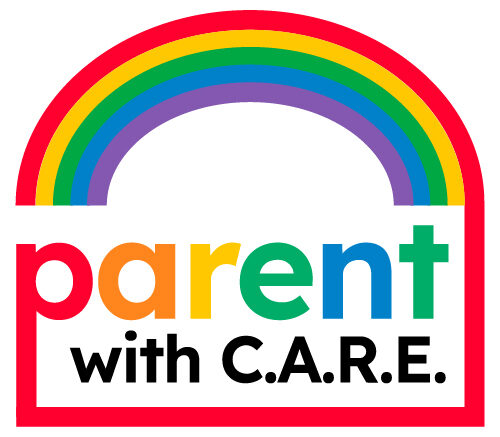(It’s not about you)
Google, “popular baby names,” and you get about 1,180,000,000 website results. Parents-to-be are peppered with questions about, and often agonize over, the decision about what name to bestow on their offspring,
- Should we name the baby to honor XYZ relative?
- How does it sound with our last name?
- Do we want a popular name or one that is unique? Or could we at least spell it differently?
- What will the name “say” about our child/what is the meaning of this name?
- Do we want to honor/hide our heritage?
- What nicknames might people be able to make?
- And on, and on, and on…
When it came time to name my own children, I certainly thought very carefully about what names I wanted to give each one and considered each of the questions above.
As one of many, many Jennifers in my generation, I went through a period of time in early adolescence when I hated being one of the too many Jennifers, but I came up with a nickname formula that worked for me – suffice it to say that if you refer to me as, “Jenny,” I know you don’t know me (btw, have you ever met an 87-year-old Jennifer? We aren’t there yet, I guess).
For a variety of reasons, kids will go through a period of time when they want to change their name. If they prefer a nickname or even want to be referred to by their middle name it may not be a huge deal. Most parents can get on board rather quickly as long as the name change still matches the identity they have of their child.
I admit to being terrible with names – and not just with people I first meet. I have a family member who changed from her middle to her given first name when she married and 35+ years later I still stumble to make the correct name come out of my mouth. But her decision to change her name was more about alliteration and what sounded right, not about a central aspect of her identity.
What happens when a desire for a name change means a change in gender identity as well? This is a much greater challenge for many parents, but a refusal to acknowledge the trans child’s name or to get on board quickly can have a very damaging impact on the child.
When someone requests a name change to match their gender identity getting it right is a big deal, and the onus is on us to make the change. I will write more (a lot more) about coming to understand a change in gender identity, but for the sake of this article let’s assume you know and understand that your child’s gender identity has changed. And that you are accepting of it, even if you still have some reservations or learning to do. Get on board with the name change. Now. Not respecting a child’s choice of name is referred to as, “deadnaming,” for a reason.
I work with parents who insisted that their child was, “fine with it,” when they continued to use their child’s dead name because they just weren’t, “there yet.” What this tells me is that they are willing to cause their child harm for their own comfort and their child is willing to continue to experience the trauma of deadnaming to maintain their parent’s need for comfort ahead of their own need for affirmation. Let me say that again, the child was accepting actual harm in order to protect the adult. That is not OK.
Together we explored the issues these parents were struggling with – and like many parenting struggles, it was about their own need to control and was coming from a place of fear of losing their child. They came to understand that the more they denied their child’s identity the more they risked losing their child in figurative and literal ways.
LGBTQIA+ youth experience an increased risk of depression, suicide, substance abuse, and low esteem when they are not supported and accepted. Deadnaming contributes to the risk factors. As a parent who loves their child, you need to understand the power of a name. You may have selected the “perfect” name for your child. You gifted it to them. They now own their name, and if they determine that a different name matches the person that they are you have to recognize that once a gift is given you no longer have purview over it.
If your child has the courage to share their preferred name with you, get on board immediately. It’s literally not about you. It’s about treating that child with compassion, awareness, respect, and empathy. It is parenting with CARE.

